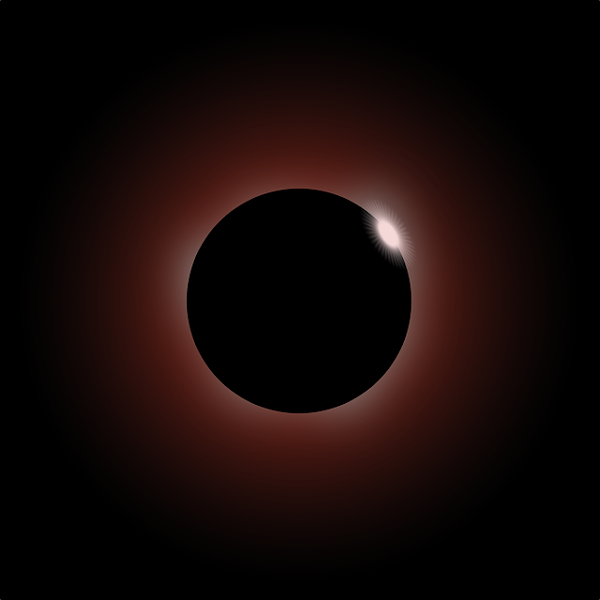During a solar eclipse, there can be noticeable effects on amateur radio propagation, primarily due to changes in ionospheric conditions.
Here Are Some Effects That Amateur Radio
Operators Might Observe During A Solar Eclipse:
1. Changes In Ionospheric Absorption: Solar eclipses can cause changes in the ionospheric absorption
of radio waves, particularly in the lower frequency bands (such as 80 meters
and below). As the moon blocks sunlight, there is a decrease in ionization in
the D-layer of the ionosphere, leading to reduced absorption of radio waves.
This can improve propagation conditions for amateur radio operators on these
bands during the eclipse.
2. Rapid Fading: Amateur radio
operators might experience rapid fading or fluttering of signals during a solar
eclipse, especially on higher frequency bands. This fading occurs due to the
sudden changes in ionospheric conditions as sunlight diminishes and then
returns.
3. Enhanced Sporadic-E Propagation: Some amateur radio operators have reported enhanced sporadic-E
propagation during solar eclipses. Sporadic-E propagation occurs when irregular
patches of ionization, known as Es clouds, form in the E-layer of the
ionosphere. The changes in ionospheric conditions during an eclipse can
sometimes trigger or enhance sporadic-E propagation, leading to improved radio
communication on higher frequency bands.
4. Temporary Disruption Of Satellite Communication: Solar eclipses can cause a temporary disruption of satellite
communication systems, including amateur radio satellites. As satellites move
into Earth's shadow during the eclipse, there may be a signal loss or degraded
performance for satellite-based communication systems.
Amateur radio operators must monitor
propagation conditions and adjust their operating frequencies and modes accordingly
during a solar eclipse. While solar eclipses can provide interesting
propagation effects, they can also present challenges for radio communication.
By staying informed and adapting to changing conditions, amateur radio
operators can make the most of their radio contacts during this unique
celestial event.





















.jpg)



No comments:
Post a Comment